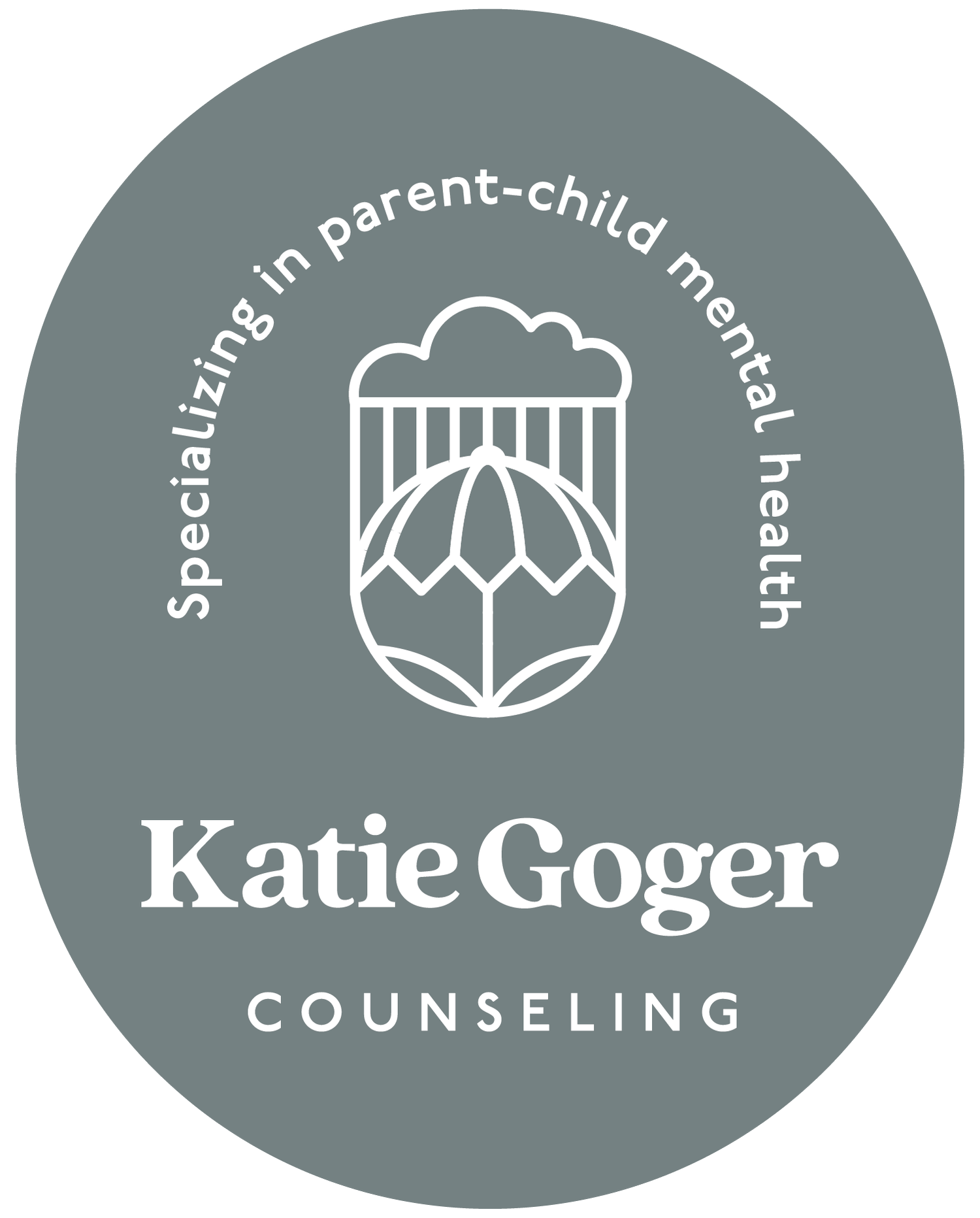Mental health care that is evidence-based.
My Approach
I provide an integrative approach to psychotherapy—I am client-centered, strengths-based, and trauma-informed. I utilize several modalities including: attachment, behavioral, and social learning theory; acceptance and commitment therapy and dialectical behavior therapy. I incorporate mindfulness and self-compassion to support building awareness and regulation. I combine my clinical expertise and research to ensure that therapy aligns with your unique child and family characteristics, culture, values, and preferences.
I am qualified to address a wide range of mental health concerns ranging from perinatal mood and anxiety disorders, behavioral challenges, child anxiety, developmental disorders, neurodivergence, impact of medical complications and life transitions.
For my very young clients, I specialize in dyadic therapy, which is a type of therapy in which the child and caregiver are treated together. According to Zero to Three, “Because babies and toddlers grow up in the context of relationships, the mental health of their parents and caregivers is inextricably linked to a baby’s development during these critical early years.”
Whether I am working with the parent or the child, I am present to facilitate connection in the family system. I have the training, experience, and empathy to ensure scientific approaches work for your situation.

Therapy for pregnancy & postpartum
Individual adult therapy for your young and growing family
Perinatal Mood and Anxiety Disorder
Pregnancy complications
Adjustment to Parenthood
New Parent Identity
Returning to Work
Relationship Issues
Complex medical care
Attachment and Bonding Disruptions
Infant Mental Health

Therapy for children & families
-
Therapeutic services are based out of my office in Bellingham or anywhere is Washington via telehealth.
After receiving a referral, an initial intake will occur where I learn about your family and assess how to best meet your needs together. A diagnosis is not required to participate in services; however, I will assess for parent concerns and determine if a diagnosis is appropriate. Regardless of whether a client meets medically necessity for therapy, many families struggle in very specific areas and benefit from the same research that leads clinical cases.
Sometimes it can be helpful for parents to receive mental health parenting support so they can best meet the social and emotional needs of their child. In these circumstances, I can provide family counseling with or without the child present.
Treatment typically includes 10-24 sessions of an evidenced-based treatment modality that will be recommended and agreed upon with the client. Consistent attendance is recommended for best results.
-
Each developmental stage brings its' own joys and challenges - together we may explore emotional expression, tantrums; hyperactivity, impulsivity, attention; anxiety and fears; mood instability; trauma, grief, and loss.
-
Parent training or behavior training can be a highly effective treatment for young children ages 2-8 with behavioral concerns. Many children are referred by their pediatrician or psychologist for treatment in Attention Deficit/Hyperactivity Disorder (ADHD) and/or Oppositional Defiant Disorder (ODD).
More information on PCIT and the efficacy behind PCIT can be found HERE.
-
By using a HIPAA secure video platform, I am able to provide specialized mental health treatment to families across Washington state who may otherwise be limited in their treatment options locally. HIPAA compliant telehealth video appointments offer increased accessibility and convenience. Families are busy - work, school, extracurricular activities. Adding in an additional weekly therapy appointment can often take the back burner when it comes to scheduling. Research collected during the pandemic has confirmed the effectiveness of telehealth with Internet-PCIT (i-PCIT).

Therapy groups - Coming soon!
SPACE training group for parents of anxious children
SPACE stands for Supportive Parenting for Anxious Childhood Emotions and is a parent-based treatment program for children and adolescents with anxiety, OCD, and related problems.
Some of the main anxiety problems treated with SPACE include:
Separation anxiety
Social anxiety
Generalized anxiety
Fears and phobias
Panic disorder and agoraphobia
Selective mutism
Obsessive-compulsive disorder
SPACE was developed by Dr. Eli Lebowitz at the Yale Child Study Center and has been tested and found to be efficacious in randomized controlled clinical trials.
-
SPACE aims to treat children and adolescents with anxiety disorders and obsessive-compulsive disorder. Although children do not have to attend SPACE sessions - they are the patients! When SPACE treatment is successful children feel less anxious and function better following treatment.
-
Parents (and other caregivers) participate in SPACE treatment sessions. In most cases the child or adolescent does not need to attend the treatment sessions.
-
Parents who participate in SPACE will learn skills and tools to help their child overcome anxiety, OCD or related problems.

“Between stimulus and response there is a space. In that space is our power to choose our response. In our response lies our growth and our freedom.”
—Viktor E. Frankl





